Your cart is currently empty!
Tag: SustainablePractices
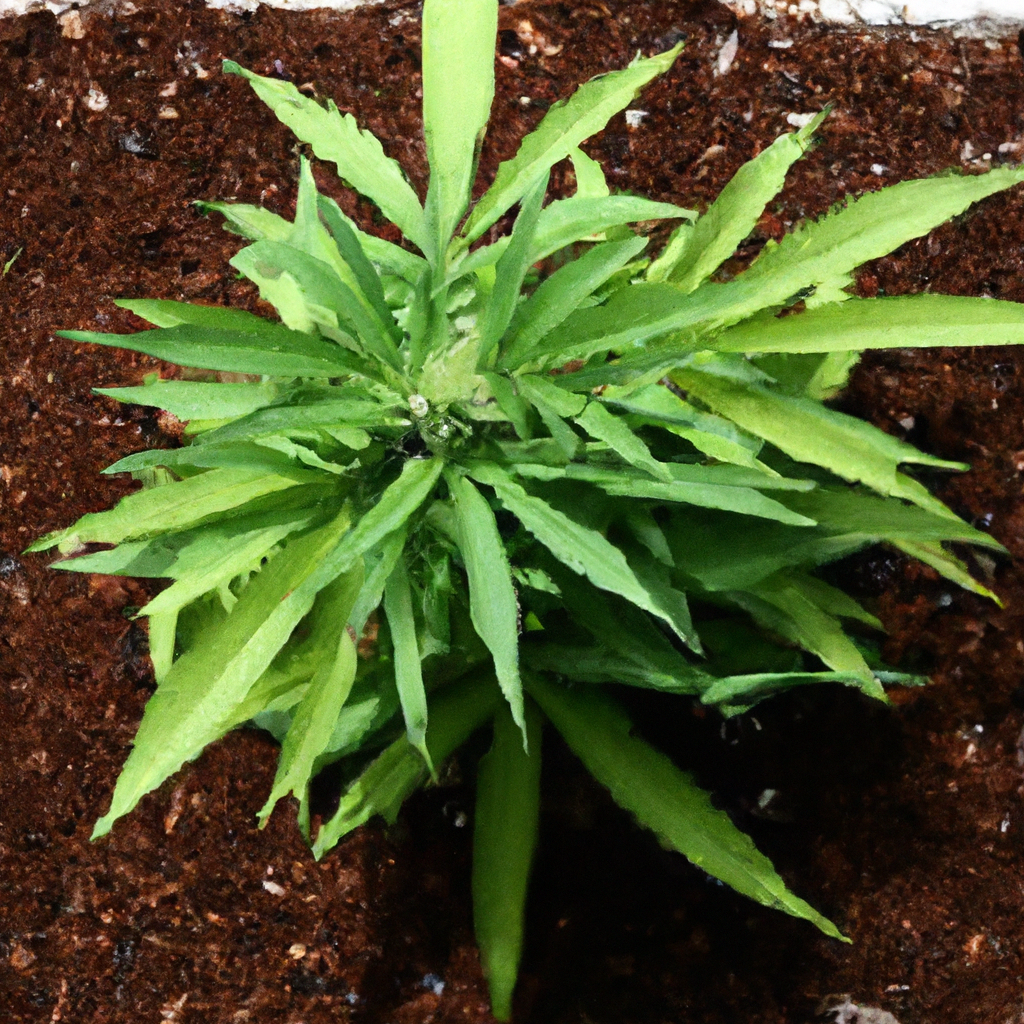
Embracing organic cannabis cultivation is a commitment to creating a sustainable and healthier future. By utilizing natural fertilizers like compost and fish emulsion, cultivators enhance soil health while fostering a robust garden ecosystem. Integrated Pest Management techniques, including companion planting and the use of beneficial insects, offer effective, eco-friendly pest solutions. Adopting sustainable practices such…
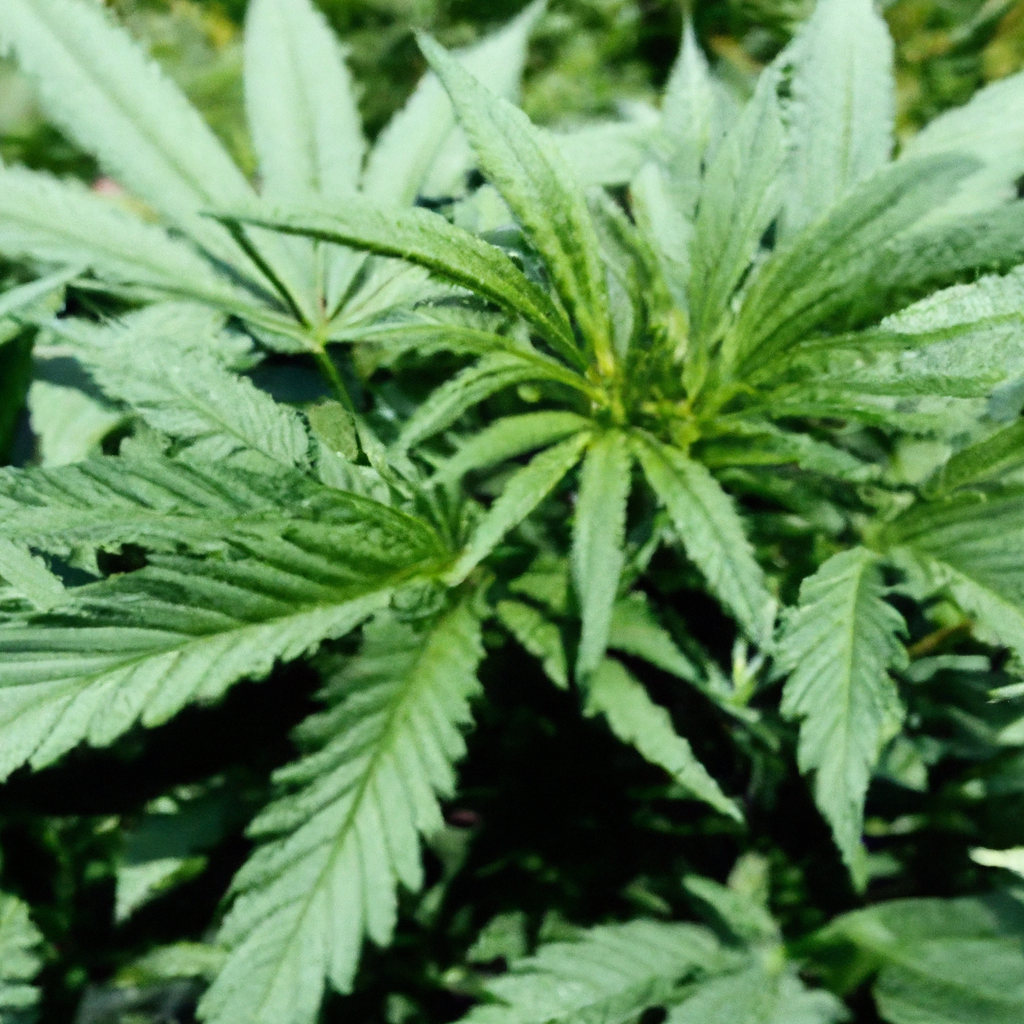
Organic cannabis cultivation focuses on eco-friendly methods using natural fertilizers, effective composting, and sustainable pest control to improve plant quality and environmental impact. Organic fertilizers like bone meal, bat guano, and fish emulsion enhance soil fertility, while composting creates a nutrient-rich growing medium. Eco-friendly pest control, including companion planting and beneficial insects, protects plants without…
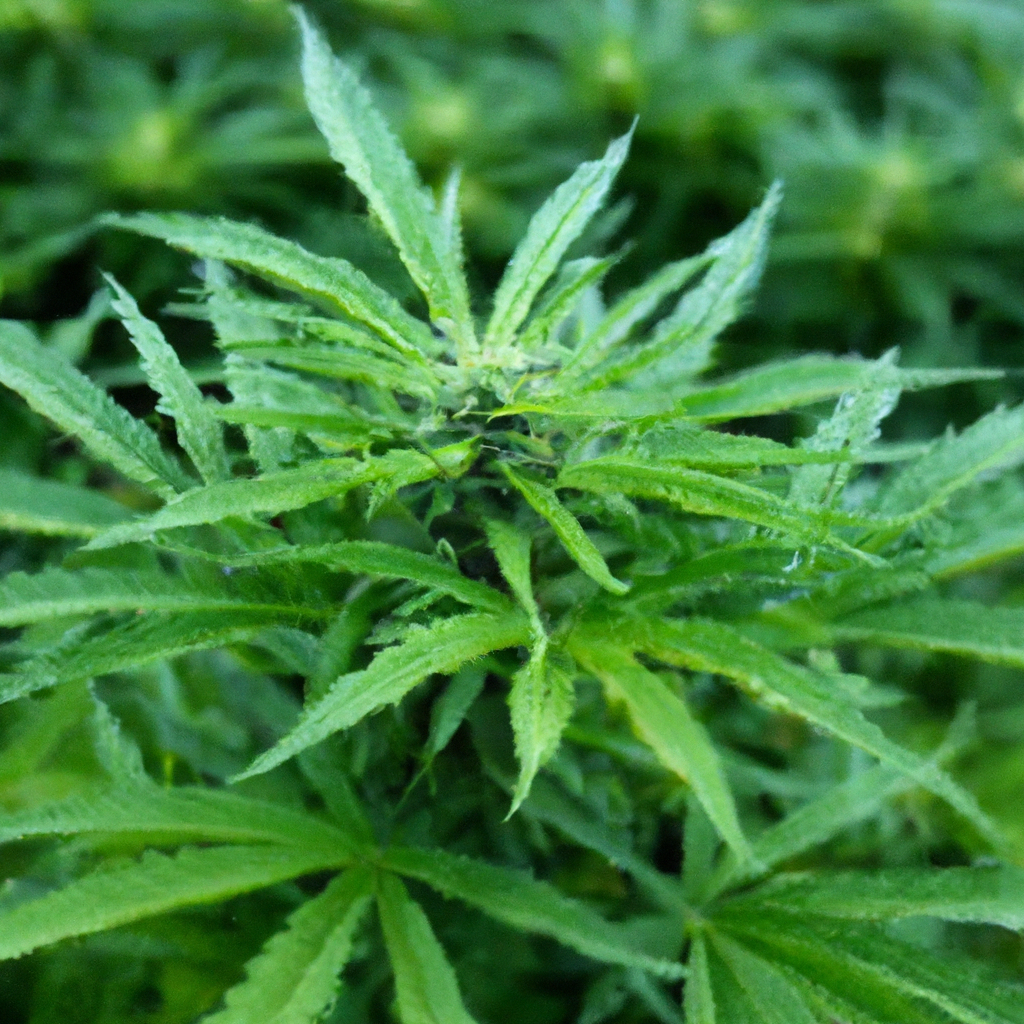
Organic cannabis cultivation promotes a balanced ecosystem, enhancing plant health and environmental sustainability. This approach focuses on nurturing healthy soil with compost and cover crops, using natural fertilizers such as worm castings and fish emulsion, and employing eco-friendly pest control like beneficial insects and neem oil. The benefits extend to environmental sustainability, consumer safety, and…
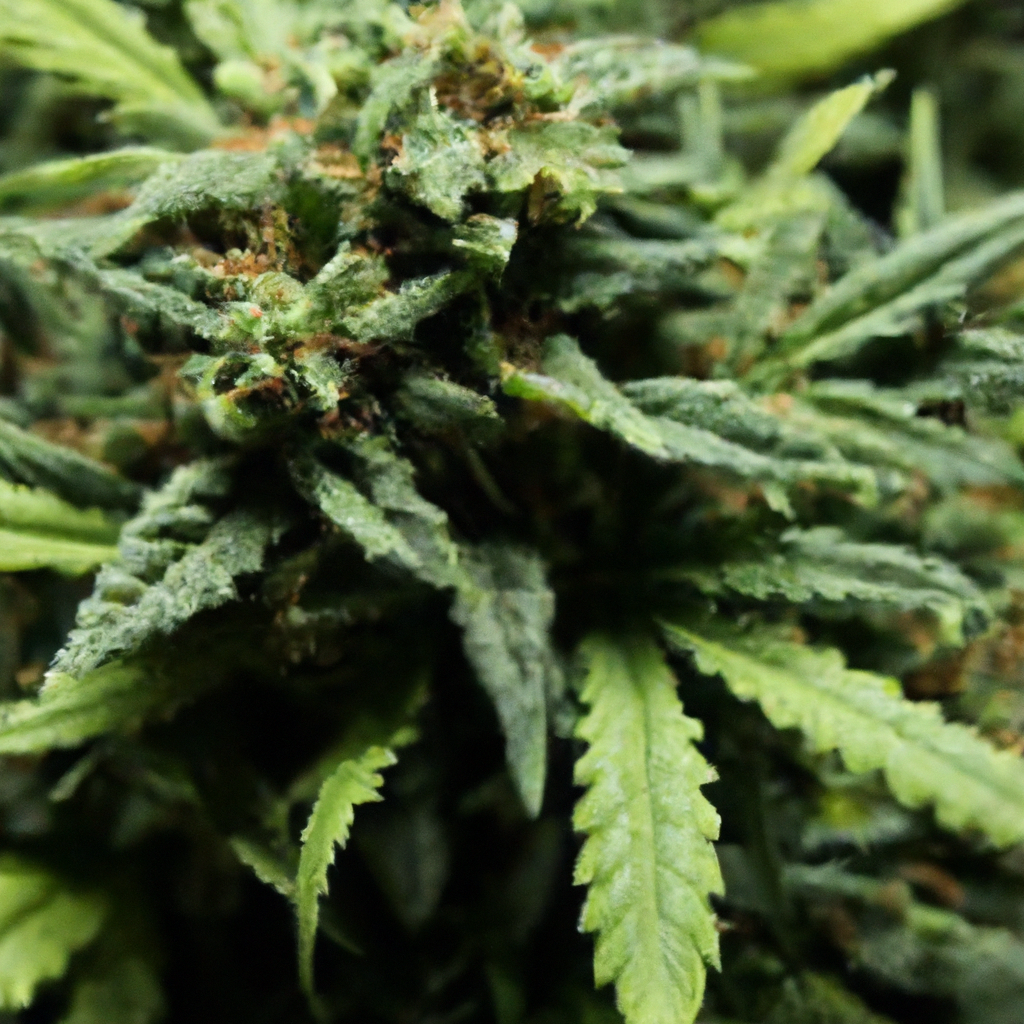
Growing cannabis presents various challenges, making troubleshooting essential for successful cultivation. Identifying nutrient deficiencies like nitrogen, phosphorus, and potassium is crucial, with specific solutions such as adjusting pH levels and using nutrient-rich additives. Effective pest management through natural predators and environmental controls ensures healthy plants. Environmental consistency, addressing temperature and humidity fluctuations, and optimizing water…

In the evolving field of cannabis research, the often neglected roots of the cannabis plant are gaining attention for their potential health benefits and applications. Historically used in ancient Chinese and Egyptian medicine for treating inflammation and joint pain, cannabis roots contain compounds like friedelin and pentacyclic triterpene ketones, which contribute to their anti-inflammatory and…
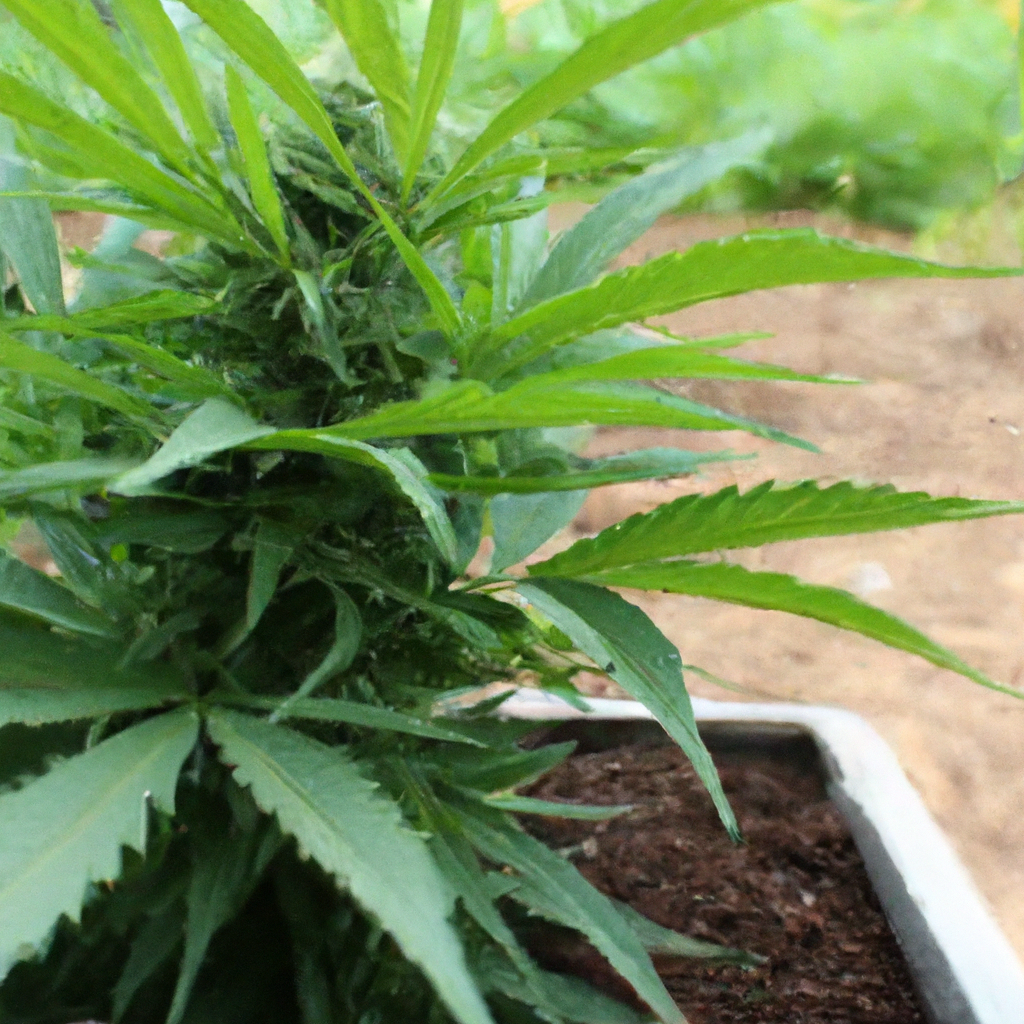
With the increasing demand for organic cannabis, growers are adopting sustainable practices to enhance yield quality and reduce environmental impact. Successful organic cultivation starts with healthy soil ecosystems, improved through composting, crop rotation, and mulching. Natural fertilizers like worm castings and fish emulsion offer an eco-friendly nutrient supply, while pest management can be achieved through…
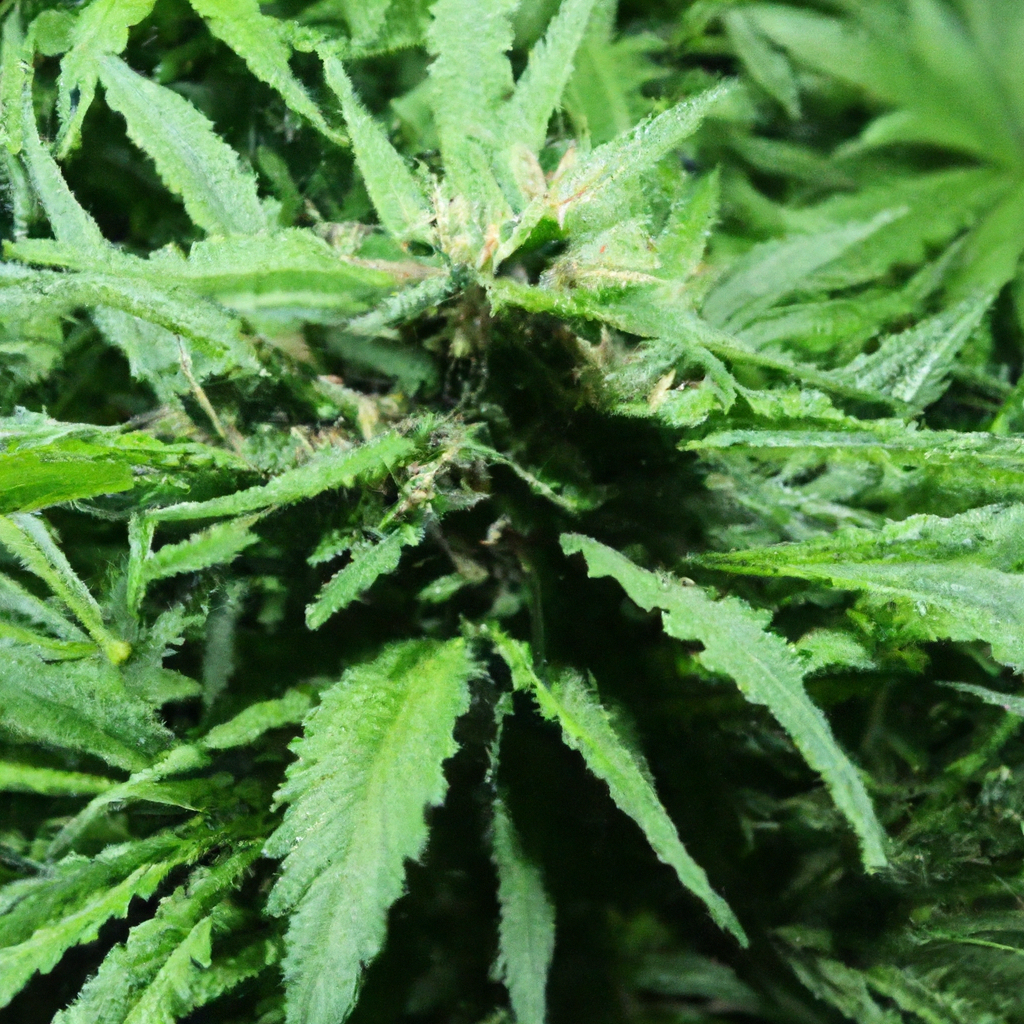
Successfully cultivating cannabis requires more than basic care; it hinges on developing robust roots for optimal growth and high yields. This article explores advanced techniques such as soil aeration, strategic watering, and the use of root stimulators like beneficial microbes. Additionally, it covers the importance of choosing the right containers to enhance root pruning. Common…
Cannabis cultivation has evolved significantly, with plant training techniques becoming vital for enhancing yield, plant health, and optimizing space. Key methods include Low-Stress Training (LST), Screen of Green (ScrOG), topping, and super cropping, each offering unique benefits such as increased yield, improved airflow, efficient space use, and higher cannabinoid content. By mastering these techniques, growers…
Learn how to cultivate healthy cannabis plants using organic practices that benefit the environment and consumers. Organic cannabis growing prioritizes natural balance within the ecosystem, fostering quality plants without synthetic chemicals, thereby supporting environmental health and enhancing the consumer experience. Key practices include building healthy soil ecosystems with compost, beneficial microbes, and regular soil testing,…
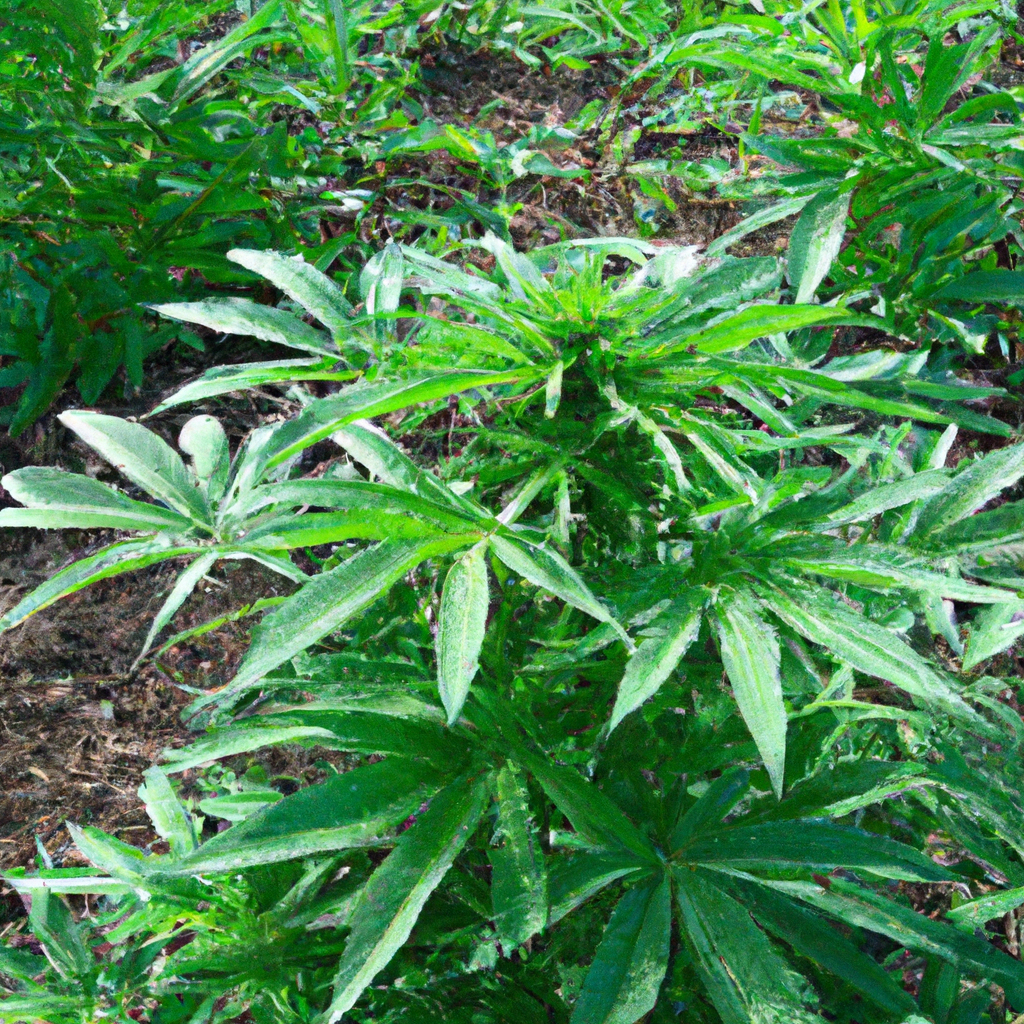
As the cannabis industry shifts towards sustainability, cover cropping emerges as a powerful technique to reduce environmental impact while enhancing plant health. This age-old practice benefits cannabis cultivation by improving soil quality, reducing erosion, and supporting biodiversity. Key cover crops like clover, buckwheat, rye grass, and alfalfa contribute to soil fertility, pest management, and water…
